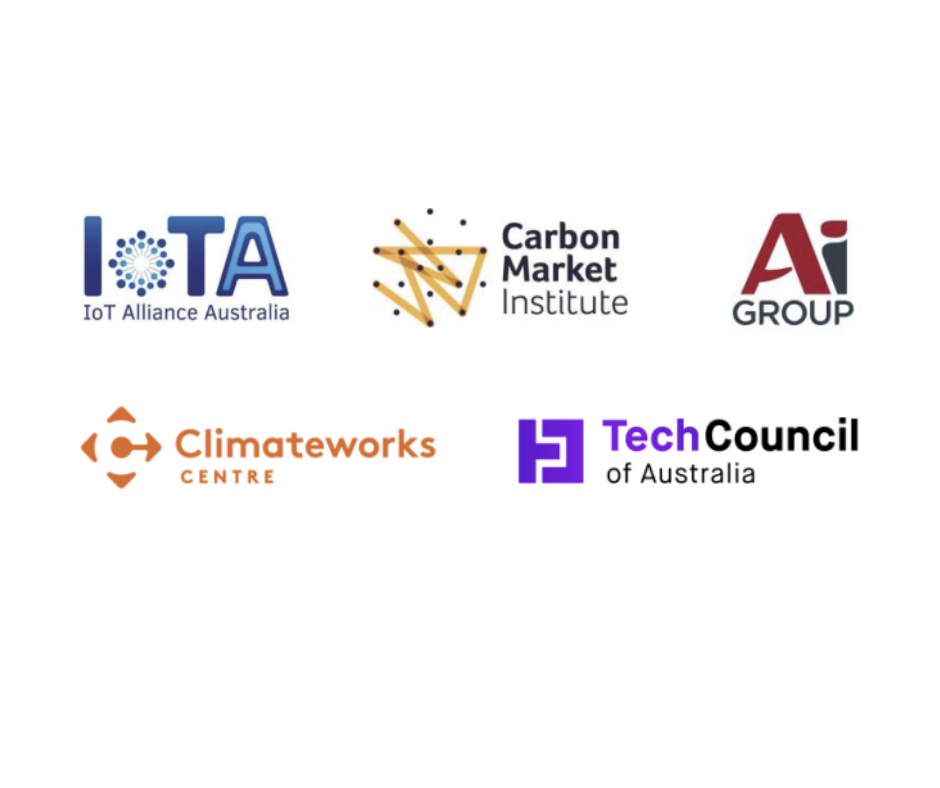The Carbon Market Institute’s (CMI) submission to the Independent (Chubb) Review of Australian Carbon Credit Units (ACCUs) highlights the process as a vital opportunity to improve the governance, resourcing and transparency of Australia’s carbon crediting framework. In particular, it calls for a system that is fit-for-purpose for future challenges, as well as capable of sustaining investor and community confidence in the additionality and integrity of ACCUs.
CMI’s submission notes that the carbon crediting framework has delivered credible abatement, regional investment and a range of social, environmental and economic co-benefits in a nascent market over the last decade, however must evolve in the urgent challenge to limit warming to 1.5oC. It also must work alongside real industrial decarbonisation, supported by Safeguard Mechanism reform and maturing international frameworks in the transition to net zero and negative emissions.
CMI calls on the Chubb Review to consider changes needed to manage the transition from the Coalition’s Emission Reduction Fund (ERF) as the principal climate policy tool and the dominant purchaser of “least cost” emissions abatement to the ALP’s Powering The Regions Fund (PRF). The PRF should continue to purchase ACCUs but can expand its mandate to support negative emissions technology development and other environmental and social co-benefits, as private sector investment increases under the Safeguard Mechanism and other voluntary commitments.
The submission said the evolved regulatory framework should reflect best practice and guard against any perception of conflict of interest by more clearly defining regulatory, policy and government procurement roles, in addition to implementing more robust accountability and transparency measures.
CMI noted that its members were separately responding to challenges to the additionality of ACCUs generated by certain methodologies and looked forward to the Chubb Review’s independent examination of those challenges, as well as consideration of future methods such as the Integrated Farming Method.
“The Chubb Review is a crucial opportunity to renovate Australia’s decade old carbon crediting framework and ensure that it is fit for purpose in supporting Australia’s urgent transition to net zero and negative emissions,” said John Connor, CMI CEO.
“CMI has proposed a raft of reforms to ensure additionality, integrity and transparency in the framework can sustain investor and community confidence.
“This framework can and must support companies taking responsibility for their emissions with credible decarbonisation plans as well as other initiatives that can support additional technological, social and environmental benefits. However, the Government also has a crucial responsibility in managing public investments in the transition from the ERF as the central climate policy tool to a more comprehensive climate policy suite including the Safeguard Mechanism and the PRF,” he said.
CMI’s recommendations are summarised below:
Governance
• Ensure greater role clarity, transparency, accountability and resourcing for the different government entities involved in managing and regulating the carbon market, including the Clean Energy Regulator (CER) and Emissions Reduction Assurance Committee (ERAC).
• Improve transparency on ministerial decision making on methods as well as mandatory public consultation in advance of any market intervention or change, including repealing the Agriculture Minister’s veto powers.
• Require that all carbon crediting activities be developed and regulated through common institutions to ensure a consistent and high integrity approach.
• Ensure integrity standards reflect international best practice as it evolves under the UNFCCC and initiatives such as the Integrity Council for Voluntary Carbon Markets.
• Provide more guidance and engagement with auditors and participants.
• Support the continued development of integrity frameworks including the Australian Carbon Industry Code of Conduct.
Market stability and integrity
• Publish a National Carbon Market Strategy, as recommended by the CCA.
• Commit to continuing Commonwealth-funded ACCU purchases through biannual reverse optional contract auctions, at least for an interim period.
• Carefully consider mandatory ACCU quotas in voluntary certification schemes like Climate Active
• Target complementary PRF grant funding towards emerging abatement and removal technologies to help commercialise these methods and grow new markets.
• Explore additional policies to drive land-based sequestration compliance markets alongside the enhanced Safeguard Mechanism.
• Ensure adjacent markets, notably the emerging biodiversity market, work in concert with the carbon market and do not create competing incentives or challenges to the integrity of supporting carbon credits.
Co-benefits
• Develop a national meta-standard with guidelines to assess co-benefit standards and certification schemes. In the interim, ensure clear, consistent, easily accessible information in the market to improve transparency and therefore market credibility and integrity.
Landholder engagement and Native Title
• Establish a Carbon and Biodiversity Landholder Extension Program that supports farmers, Indigenous landholders, communities and conservation managers to make informed decisions about participating in the ERF and other carbon or biodiversity opportunities.
• Consult with Native Title, Land Council and other Indigenous organisations on the best means and resourcing to provide advice to Indigenous communities on carbon market land tenure and Native Title considerations.
Data and Transparency
• Make more data publicly available, including potential additional project-level data on the CER Project Registry, without compromising landholder privacy concerns.
• Develop a national environmental information data sharing platform
• Consider the interaction of data transparency recommendations made in the Samuels Review alongside any recommendations resulting from this Chubb Review to ensure alignment.
View the full submission here
About the Carbon Market Institute
The Carbon Market Institute (CMI) is an independent member-based organisation that is an industry association championing best practice for business leading the transition to net zero emissions. Its 140+ members include primary producers, carbon project developers, Indigenous corporations, legal, technology and advisory services, insurers, banks, investors, corporate entities and emission intensive industries developing decarbonisation and offset strategies. The positions put forward constitute CMI’s independent view and do not purport to represent any CMI individual, member company, or industry sector.
For further information, contact Thomas Hann on 0408880536 or thomas.hann@carbonmarketinstitute.org



